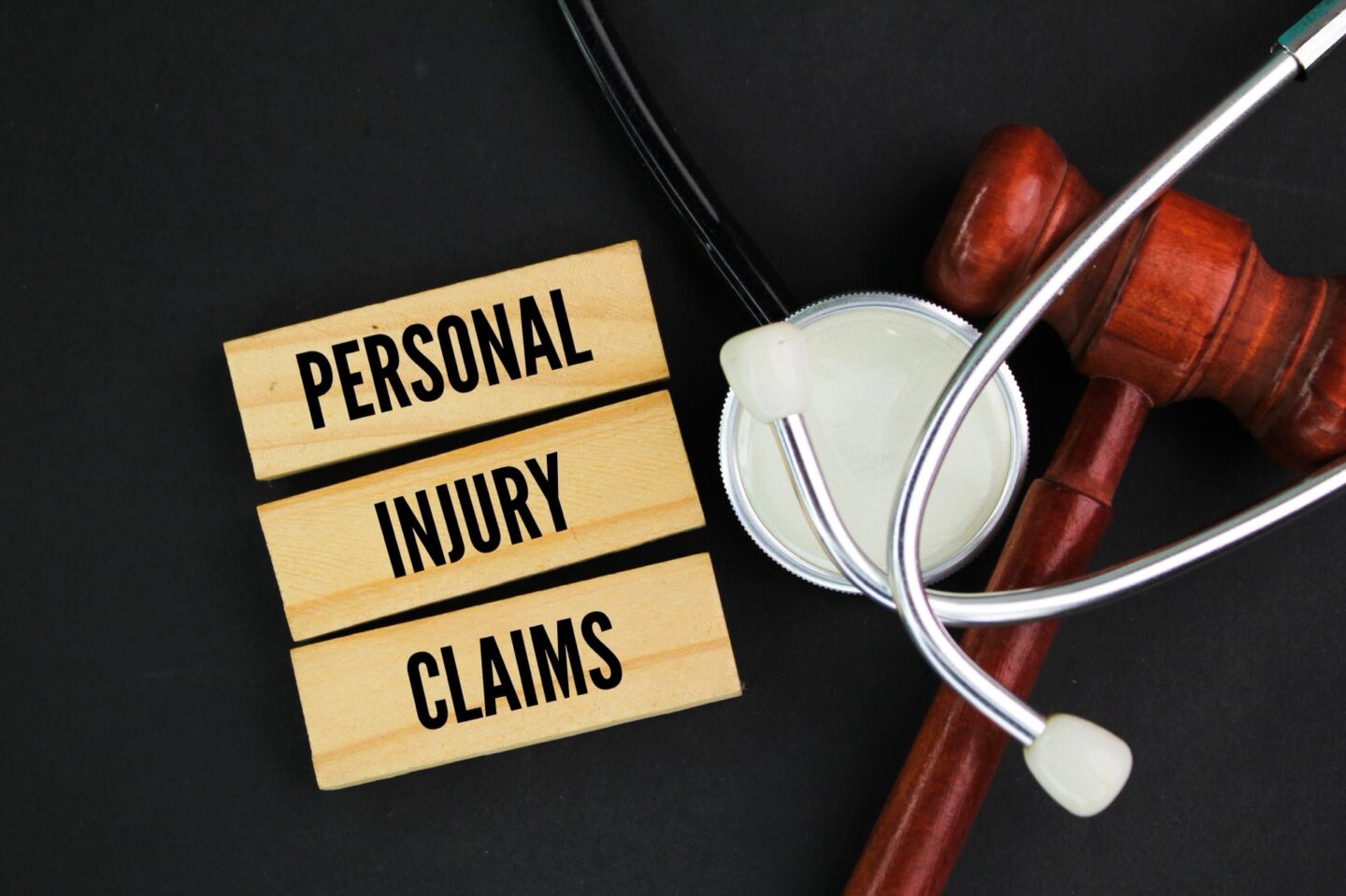When pursuing a personal injury claim, one of the most common questions clients have is: “What will this cost me?” At Scott & Scott, PLLC, we believe in full transparency when it comes to case costs. While these expenses are ultimately the client’s responsibility, we are always mindful of the financial impact and do not take on unnecessary costs. Our goal is to maximize your recovery while keeping expenses as low as possible.
What Are Case Costs?
Case costs are the expenses incurred in pursuing your claim. These are separate from attorney fees and may include:
- Medical records and bills retrieval – Essential for proving your injuries and damages. We often use a Hi-Tech form to help our clients obtain their medical records for free, which greatly reduces costs. If clients prefer, we are happy to request records directly from the provider or a provider service, but these costs can range from $30 to $500 or more per provider, depending on the volume of records.
- Filing fees – Required when initiating a lawsuit in court. Filing fees are approximately $255, and service of process, which is also required when filing a case, typically costs around $100 unless there is a defendant evading service and it takes additional work.
- Expert witness fees – For medical professionals, accident reconstructionists, or other specialists who provide crucial testimony.
- Deposition costs – Including court reporter fees and transcript production.
- Investigation expenses – Gathering evidence, such as obtaining video footage or consulting specialists.
- Trial preparation costs – If your case goes to court, there may be additional expenses for exhibits, demonstratives, and witness preparation.
How We Manage Case Costs
We are always mindful of the costs associated with your case and do not undertake expenses lightly. Some key principles we follow include:
- Evaluating the Value of Every Expense – Before incurring any cost, we ask: “Will this expense add real value to the case?” If it won’t significantly strengthen your claim or increase your recovery, we don’t move forward with it.
- Discussing High-Value Costs With Clients – If an expense is substantial, such as hiring an expert witness or conducting specialized testing, we discuss it with you first so you can make an informed decision.
- Avoiding Unnecessary Costs – We don’t believe in running up a cost bill just because something could be useful. We focus on what’s necessary and strategic.
- Keeping Your Bottom Line in Mind – Because case costs ultimately come out of your settlement or verdict, we always consider whether an expense will ultimately benefit you. Our goal is to ensure that when your case resolves, you walk away with the best possible financial outcome.
- No Charges for Routine In-House Costs – If we get a bill, you get a bill. Otherwise, we cover it in our overhead. We do not charge clients for everyday administrative costs such as regular postage, faxes, or routine office expenses. We believe these costs are a part of providing excellent service and should not be an added burden on our clients.
- Advancing Case Costs – While case costs are ultimately the client’s responsibility, we often advance these expenses during the case to reduce the immediate financial burden. We maintain the right to ask for payment of expenses, but in practice, this rarely happens. Our goal is to ensure that costs are managed efficiently and do not create unnecessary stress for our clients.
What Happens to Case Costs if You Don’t Win?
We work on a contingency fee basis, meaning you don’t owe us attorney fees unless we recover compensation for you. However, case costs are different—they are the client’s responsibility regardless of the outcome. This is why we are so careful in managing them. We want to ensure that every dollar spent moves your case forward in a meaningful way.
Final Thoughts
At Scott & Scott, PLLC, we treat your case costs as if they were our own. We are strategic, thoughtful, and always focused on achieving the best possible result for you. If you ever have questions about costs or expenses related to your case, we encourage open discussions so you can feel confident in the legal process.
If you’ve been injured and are wondering what pursuing a claim might look like for you, reach out to us. We’re happy to walk you through the process and help you understand what to expect every step of the way.
